Multi-Faith Chaplaincy
TRU Multi-Faith chaplains respect individuals of all faith traditions and spiritual expressions and serve them equally without discrimination.
A Multi-Faith Chaplaincy on campus provides religious and spiritual care to the TRU community’s students, faculty and staff. They provide an operating model of interfaith respect and cooperation. The Multi-Faith Chaplaincy acts as a religious and spiritual resource, encouraging thoughtful reflection and dialogue.
TRU also provides a Multi-Faith Space where members of our TRU community can reflect, pray and meditate.
Aims and Objectives
- To participate in and contribute to all aspects of TRU experience from a religious or spiritual perspective
- To provide religious and spiritual care for the diverse membership of the TRU community
- To work as a team, exemplifying multi-faith dialogue and cooperation
- To serve co-operatively with TRU’s Student Services Counselling, Wellness Centre and other support service providers
- To support and encourage members of the TRU community in their relationships with the broader community in respect of religious or spiritual interests and concerns
Office Hours
Multi-Faith Prayer Room: OM 2494 and OM 2498
Multi-Faith Chaplaincy Office: OM 1421
Inclusion and Wellness Activity Room: OM 1522 (To book this space, please fill out this form).
Phone: 250-371-5940
Email: Please email the Multi-Faith chaplains individually to book an appointment.
Office Hours:
Monday – Jeff 11 a.m. - 1 p.m.
Tuesday – Sandra 10:30 a.m. - 12:30 p.m.
Wednesday – Andy 10 a.m. - Noon & Narayan 1 - 3 p.m.
Thursday – Pat 9 – 11:30 a.m.
Friday – Ahmed 2 – 4 p.m.
What We offer
- Spiritual or religious supports and encouragement
- Guidance and resources in times of personal concern, conflict or crisis
- Opportunities for companionship, prayer, study and service on campus
- Participation in educational events related to spiritual and religious insight and experience
- Celebration of holy days and commemorative occasions
- Connection with local and regional faith communities and events on and off-campus
Multi-Faith Calendar
Meet the Team
To book an appointment with a specific chaplain, email the chaplain listed below and a meeting will be set up.

Andy Cyr
(kcyg@ecdk.org)
CatholicOffice Hours: Wednesday
10 a.m. - NoonAndy Cyr is a husband and father of five children. He loves spending time with his family outdoors.
He graduated from high school in Red Deer, Alberta and served in full-time missionary work with NET Ministries of Canada for two years, facilitating retreats for young people all across Canada. Andy was a LIFE TEEN Youth Ministry Coordinator at Sacred Heart from 2003 to 2004.
Between then and now, Andy worked for an Oilfield Supply Company in Alberta and owned and operated a Shuttle Company. He is now the Coordinator for KCYG (Kamloops Catholic Youth Group), which is a new youth ministry initiative from the Catholic Diocese of Kamloops.
Favorite Quote: "Jesus loves you exactly where you are, but too much to leave you there."
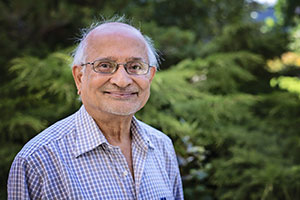
Narayan Mitra
(narayanmitra@tru.ca)
BaptistOffice Hours: Wednesday
1 - 3 p.m.Narayan is a member of the Kamloops Campus Ministries Society and has been a volunteer chaplain at TRU since 1996. He was born and raised in Kolkata, India in a Hindu home and became a "Jesus follower" at college. Narayan finished a Bachelor’s degree at the University of Kolkata, worked seven years as a staff worker at the Inter-Varsity Christian Fellowship in India before moving to Canada for graduate theological studies at Regent College, Vancouver. Narayan has pastored at a number of smaller churches since then.
Favourite quote: But God demonstrates His own love for us in this: While we were still sinners, Christ died for us. – Romans 5:8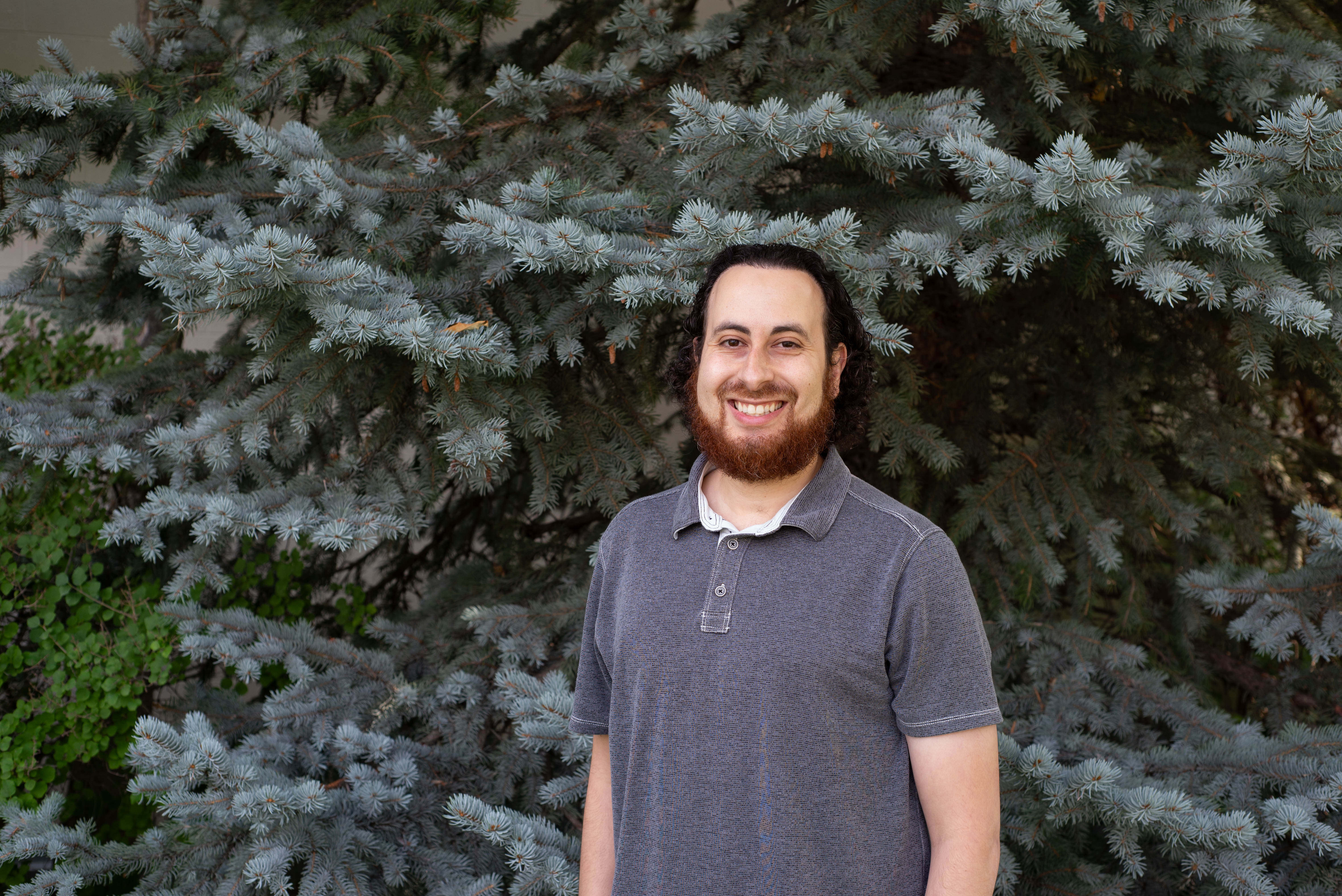
Ahmed K.
(chaplain@ayeshamosque.com)
Kamloops Islamic AssociationOffice Hours: Friday
2 - 4 p.m.Ahmed Kafafi is a member of the Kamloops Islamic Association, and provides chaplaincy services at TRU, Royal Inland Hospital, and Kamloops Regional Correctional Centre. He completed his studies in Civil Engineering at UBC. Ahmed currently works as a Highway Design Engineer. When not working or at TRU’s Multi-Faith Chaplaincy, he enjoys playing soccer, travelling, and spending time with his family.
Favourite quote: Indeed, in the creation of the heavens and the earth and the alternation of the night and the day are signs for those of understanding. – The Holy Quran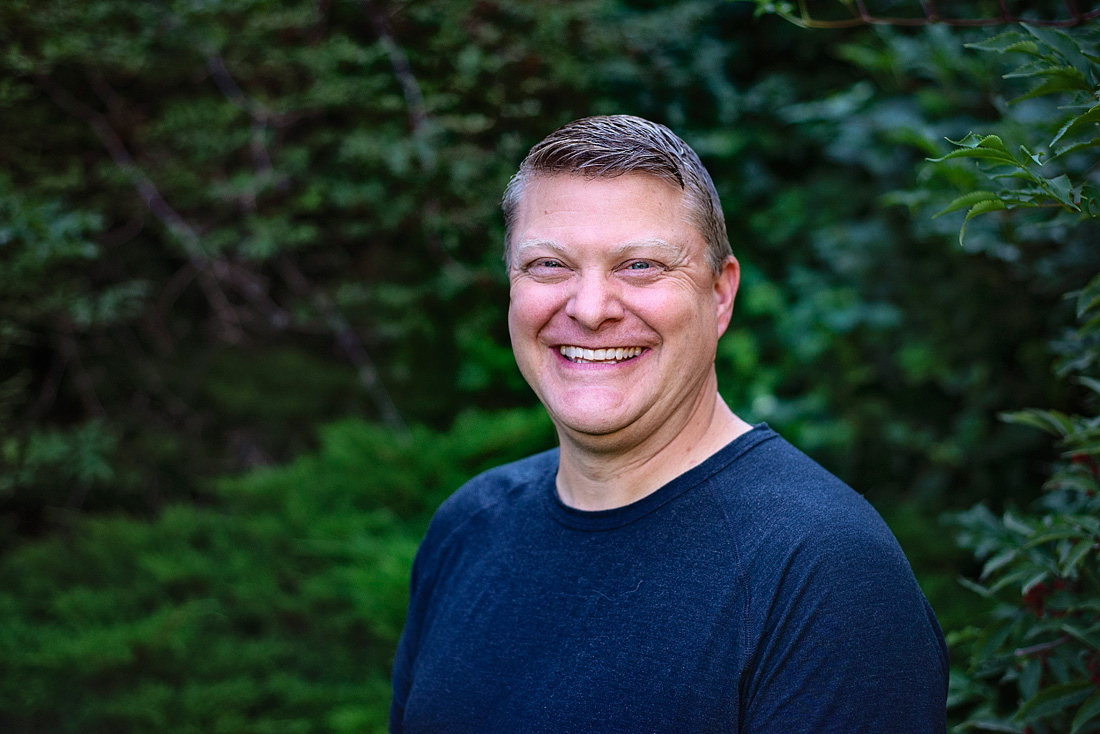
Jeff Torrans
(jtorrans@hotmail.com)
BaptistOffice Hours: Monday
11 a.m. - 1 p.m.Jeff is a Christian representative and member of the Baptist faith. He has a Master of Divinity degree from Briercrest Family of Schools and an undergrad from UCC (before it became TRU!). Jeff loves to spend time with family, coach soccer, and run a side business on leadership development.
Favourite quote: Jesus must become greater, I must become less. – Gospel of John. Jeff has tried to live his life in this fashion since high school!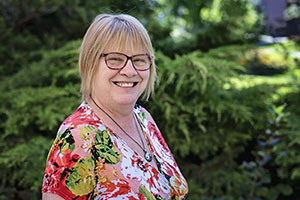
Rev. Patricia (Pat) Davies
(revpatdavies@gmail.com)
Spiritual Connections KamloopsOffice Hours: Thursday
Biography
9 - 11:30 a.m.Reverend Pat has been a New Thought Minister with Centers for Spiritual Living since 2014 and is the founder of Spiritual Connections Kamloops. New Thought philosophy incorporates affirmative prayer, meditation, visioning and other spiritual tools which help us lead a spiritual life, think positively, and love deeply. Pat believes that the universe is spiritual and has intelligence, purpose, beauty, and order.
Favourite quote: We are all thinking, willing, knowing, conscious centers of Life. We are surrounded by, immersed in, and there is flowing through us a creative something... call it what you will. ― Ernest Holmes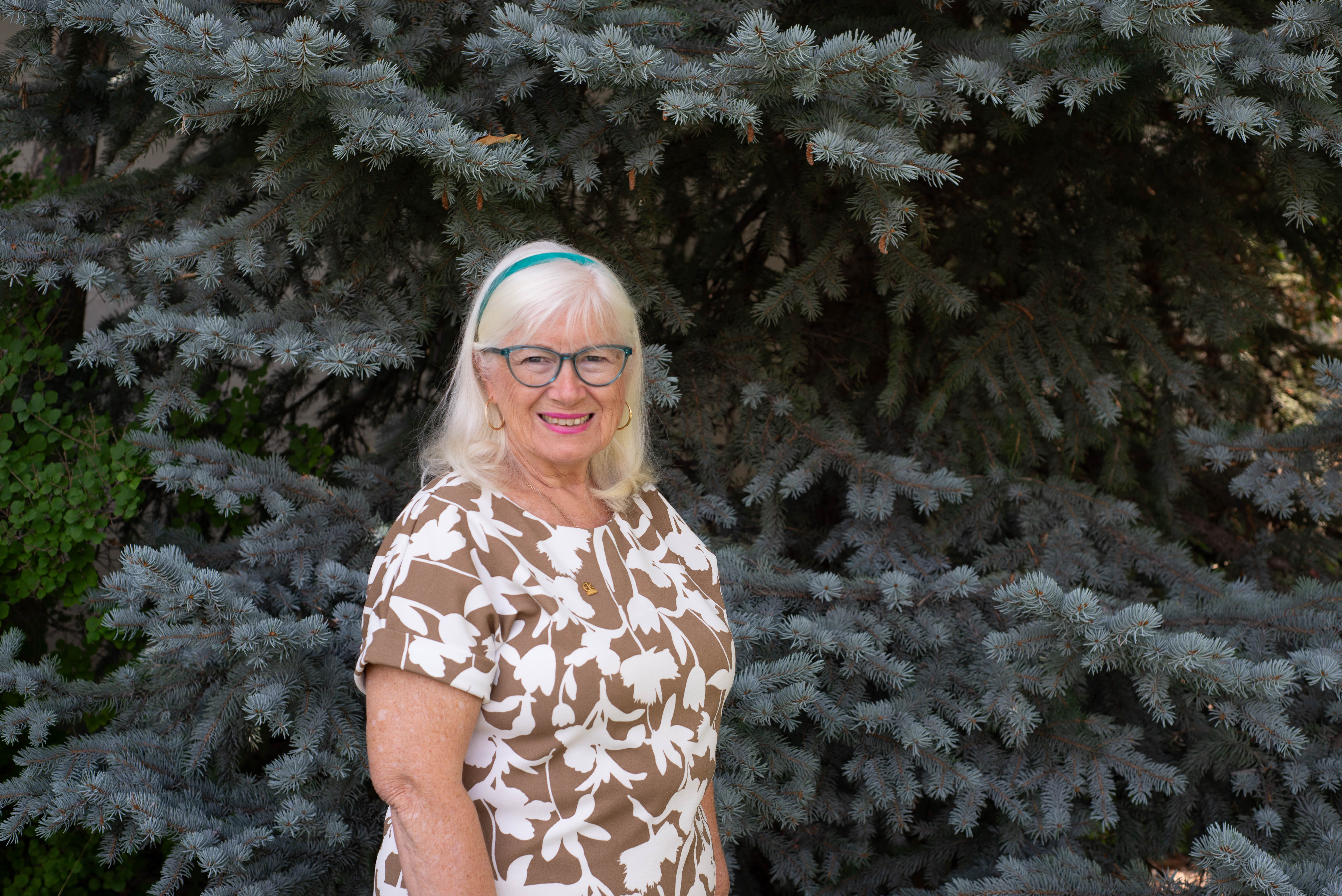
Sandra Tait Humphrey
(singhu@shaw.ca)
EckankarOffice Hours: Tuesday
10:30 a.m. - 12:30 p.m.Sandra has been an active student of Eckankar since the late 80s. She completed the required 22 years of spiritual training and was ordained as an Eckankar cleric in 2012. As a member of the Eckankar clergy she upholds the high spiritual standards of the sacred path of Eckankar and serves God and all life with love, compassion, and grace.
Favourite quote: People often wonder, How do I get God's love? You get it by giving to others, in ways that you like to give."—Harold Klemp, The Wonder Within You, p. 8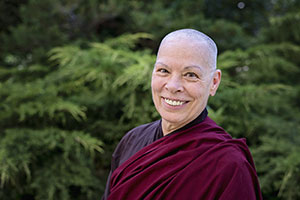
Venerable Gawa Khandro
(gawaling@yahoo.ca)
Gawaling Buddhist CentreLeave
Venerable Gawa Khandro is a Buddhist nun whose teachers include V. V. Kenchen Thrangu Rinpoche, Thich Nhat Hanh, Acharya Pema Chodron, and Lama Tsewang Samdrup. She is the Spiritual Director of GawaLing Buddhist Centre, a member of Interfaith Kamloops, United Sangha Vancouver, Zen Peacemakers International, and Sakyadhita Canada. She is currently working on her Acharya ordination with Ven Pannavati in North Carolina. Her main work is creating community connections and outreach. She is also a contributor to a recent book on Chaplaincy in Canada.
Favourite quote: This is my religion … your own heart and mind are your temple. The philosophy is simple kindness. – H H Dalai Lama
Resources
Spiritual Needs
Spiritual needs and concerns usually relate to what we call the “big” questions of life. These questions may include:
- Why is this happening?
- Why is this happening to me?
- What does it all mean?
- What is the purpose or meaning of life?
- How do I make sense of everything?
- Where do I come from?
- What gives me comfort and hope?
- What happens after death?
- What do I trust? Who do I trust?
- What, or who – beyond myself – do I believe is important in my life?
- Who is my “beloved community” – who loves me and is loved by me, no matter what?
- What is truth? Is there such a thing?
- How can faith strengthen life on campus?
- How faith can guide us in difficult times?
Some people find meaning, comfort, hope, goodness and community through their religious practice, beliefs and/or their community of faith. Some people do not. Regardless of whether religious faith is part of a person’s life, spiritual concerns, resources and needs can still be very important, especially when life circumstances are in transition or crisis.
